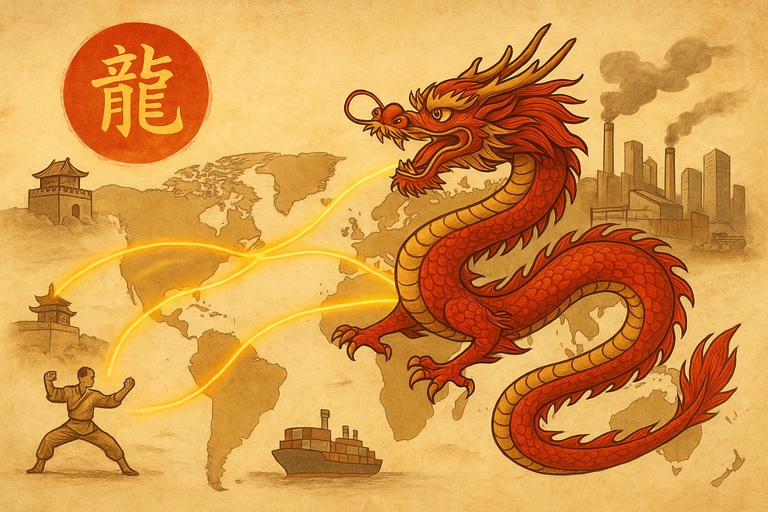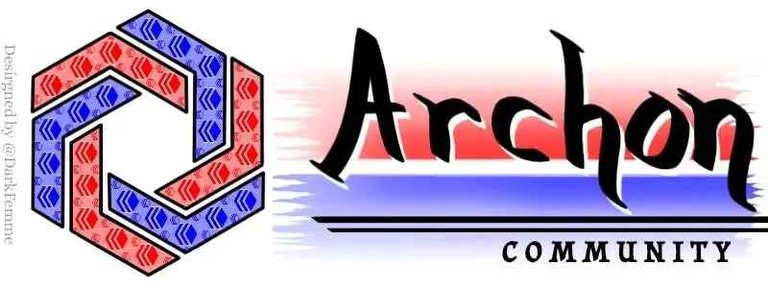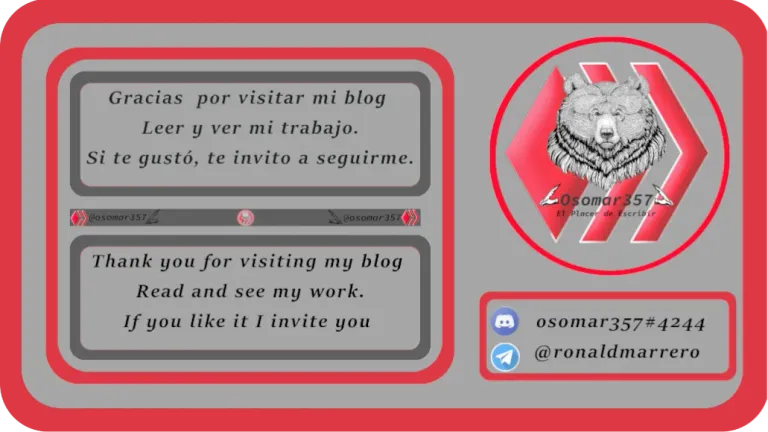Exportando el dragón: cómo China desafió la narrativa occidental y está cambiando al mundo. / Exporting the dragon: How China challenged the Western narrative and is changing the world. ESP/EN

Fuente/Source: Imagen realizada por IA para este texto.
Exportando el dragón: cómo China desafió la narrativa occidental y está cambiando al mundo | Exporting the dragon: How China challenged the Western narrative and is changing the world |
|---|---|
Pront: Exportar el dragón. Cuando yo era pequeño, se sabía muy poco sobre China, y solamente conocíamos la versión occidental de la historia de ese país, que se veía en películas como Las llaves del reino, o el Acorazado San Pablo y 55 días en Pekín, que por supuesto eran películas occidentales, que de alguna u otra manera, denigraban al pueblo chino y donde se visualizaba su sumisión a Occidente. Después recuerdo que, cuando estaba entrando a la adolescencia, me enteré de una tendencia política llamada el maoísmo y su visión revolucionaria y popular, que iba adaptada a su realidad y que no se adaptaba a las líneas estalinistas impulsadas por los partidos comunistas, y en ese momento leí algo sobre Mao y sobre la participación de China en la guerra de Corea. También, leí en aquellos años de juventud, un reportaje bien interesante de unos periodistas e investigadores canadienses, que acusaban abiertamente a los Estados Unidos de haber usado armas químicas contra las tropas Chinas y de Corea del Norte, cuando se estaban viendo superados por una avanzada norcoreana. Pero esto es un hecho no probado académicamente y tampoco es universalmente aceptado. Pero realmente no sabía mucho de China y de su cultura hasta que empecé a estudiar un poco por la curiosidad que me generaban las historias que había sobre ese país, sobre la ruta de la seda, sobre sus artes marciales, sobre su comida, sus escritos y su poesía, pero realmente no profundicé todo lo que me hubiese gustado en ese tema. De hecho, uno de los libros más interesantes y reveladores que leí en aquella época fue El diario de un loco, del escritor Lu Xun, una obra que me pareció genial, pero para entenderla y para poder comprender su impacto, hay que estudiar y conocer un poco del momento histórico que vivía China cuando se escribió ese libro. Finalmente, siempre tuve la idea que nos planteaba Occidente de que China era un pueblo atrasado, pobre y esencialmente agrícola. También recuerdo que el presidente estadounidense Richard Nixon viajó a China, y después de ese momento se dio una apertura económica y política con ese país, donde posteriormente las empresas estadounidenses se mudaron para producir sus productos y mercancías con una mano de obra sumamente económica. Y ahí, justo en esa década de los años 70, es cuando comienza a crecer China, debido a que, como siempre, la visión occidental era la de ver a países como China como espacios de explotación y de obtención de ganancias. Sin embargo, el pueblo y el liderazgo chino aprendieron los métodos de producción, desarrollaron tecnologías propias y emprendieron un camino de crecimiento social y económico que ha sido imparable hasta la actualidad. Esto llevó a que visión occidental se desvaneciera, ante la evidencia de los cambios reales y de la transformación China. Que después de décadas de trabajo, estudio, formación y emprendimiento, China se convirtió en la gran fábrica del mundo a todo nivel, logrando obtener un posicionamiento económico enorme a nivel mundial que está desplazando a Occidente. Pero China no solamente se quedó ahí, sino que ella empezó a exportar su dragón por todos los continentes a través de la creación de la nueva ruta de la seda, lo que le está dando en la actualidad una enorme relevancia política, además de la económica, ya que China ha financiado proyectos y ha realizado préstamos a países en desarrollo en mejores condiciones de lo que lo hace Occidente y sin las presiones políticas que exige el llamado Occidente Global. Eso ha logrado que la nueva ruta de la seda haya exportado al dragón chino, que es un símbolo ancestral de fuerza y sabiduría en la cultura china, a países y regiones que antes estaban sometidos económica y políticamente por Occidente. Dándole a muchos países la oportunidad de crecer y de desarrollar proyectos propios bajo el financiamiento de China, quitándose así el enorme peso de los préstamos con presiones sociales que hacen el FMI y el Banco Mundial. Finalmente, podemos decir que China exportó su dragón por todo el mundo, y que dicha exportación está siendo muy bien recibida por muchos países en diferentes continentes, lo que ahora implica que China se ha convertido en gran potencia económica y productiva, y ha logrado, junto con otros países, que se acabe la hegemonía absoluta de Occidente, y que ahora pasemos a un mundo multipolar. Muchas gracias por leerme. | Pront: Export the dragon. When I was growing up, very little was known about China, and we only knew the Western version of the history of that country, which was seen in movies like The Keys to the Kingdom, or the Battleship San Pablo and 55 Days in Beijing, which of course were Western movies, which in one way or another, denigrated the Chinese people and where their submission to the West was visualized. Then I remember that, when I was entering adolescence, I learned about a political tendency called Maoism and its revolutionary and popular vision, which was adapted to its reality and which did not adapt to the Stalinist lines promoted by the communist parties, and at that time I read something about Mao and about China's participation in the Korean War. Also, I read in those young years, a very interesting report by some Canadian journalists and researchers, who openly accused the United States of having used chemical weapons against Chinese and North Korean troops, when they were being overtaken by a North Korean advance guard. But this is a fact not proven academically and is not universally accepted either. But I really didn't know much about China and its culture until I started studying a little because of the curiosity generated by the stories that there were about that country, about the silk Road, about its martial arts, about its food, its writings and its poetry, but I really didn't delve into that topic as much as I would have liked. In fact, one of the most interesting and revealing books I read at that time was The Diary of a Madman, by the writer Lu Xun, a work that I thought was great, but to understand it and to be able to understand its impact, you have to study and know a little about the historical moment that China was living when that book was written. Finally, I always had the idea put to us by the West that China was a backward, poor and essentially agricultural people. I also remember that US President Richard Nixon traveled to China, and after that moment there was an economic and political opening with that country, where later American companies moved to produce their products and goods with a very economical workforce. And that, right in that decade of the 70s, is when China began to grow, because, as always, the Western vision was to see countries like China as spaces for exploitation and profit-making. However, the Chinese people and leadership learned the methods of production, developed their own technologies and embarked on a path of social and economic growth that has been unstoppable to this day. This led to Western vision fading away, in the face of evidence of real changes and Chinese transformation. That after decades of work, study, training and entrepreneurship, China became the world's great factory at all levels, managing to obtain a huge economic positioning worldwide that is displacing the West. But China not only stayed there, but she began to export her dragon all over the continents through the creation of the new silk Road, which is currently giving it enormous political relevance, in addition to the economic one, since China has financed projects and has made loans to developing countries in better conditions than the West does and without the political pressures demanded by the so-called Global West. This has led the new silk Road to export the Chinese dragon, which is an ancient symbol of strength and wisdom in Chinese culture, to countries and regions that were previously subjected economically and politically by the West. Giving many countries the opportunity to grow and develop their own projects under Chinese financing, thus removing the enormous weight of loans with social pressures made by the IMF and the World Bank. Finally, we can say that China exported its dragon all over the world, and that this export is being very well received by many countries on different continents, which now implies that China has become a great economic and productive power, and has managed, together with other countries, to end the absolute hegemony of the West, and now we are moving to a multipolar world. Thank you very much for reading me. |
Si deseas participar en este concurso
Translated with www.yandex.com

Crece en Hive con el apoyo de Crypto Company.

#Archon, es una comunidad que apoya proyectos, resuelve problemas, y te ayuda a crecer en Hive.
Visita su Discord, tienen un chat en español.





[@PowerPaul:]
Hey! Because of your participation in the @CryptoCompany community and your participation in the "Banner for Boost" campaign you received a vote from your CryptoCompany and its trail! Thank you & Hive a great day!
Recent posting from @PowerPaul or the CryptoCompany network:
by @powerpaul
by @cryptocompany
by @yourfairy
@osomar357, I'm refunding 0.227 HIVE and 0.045 HBD, because there are no comments to reward.